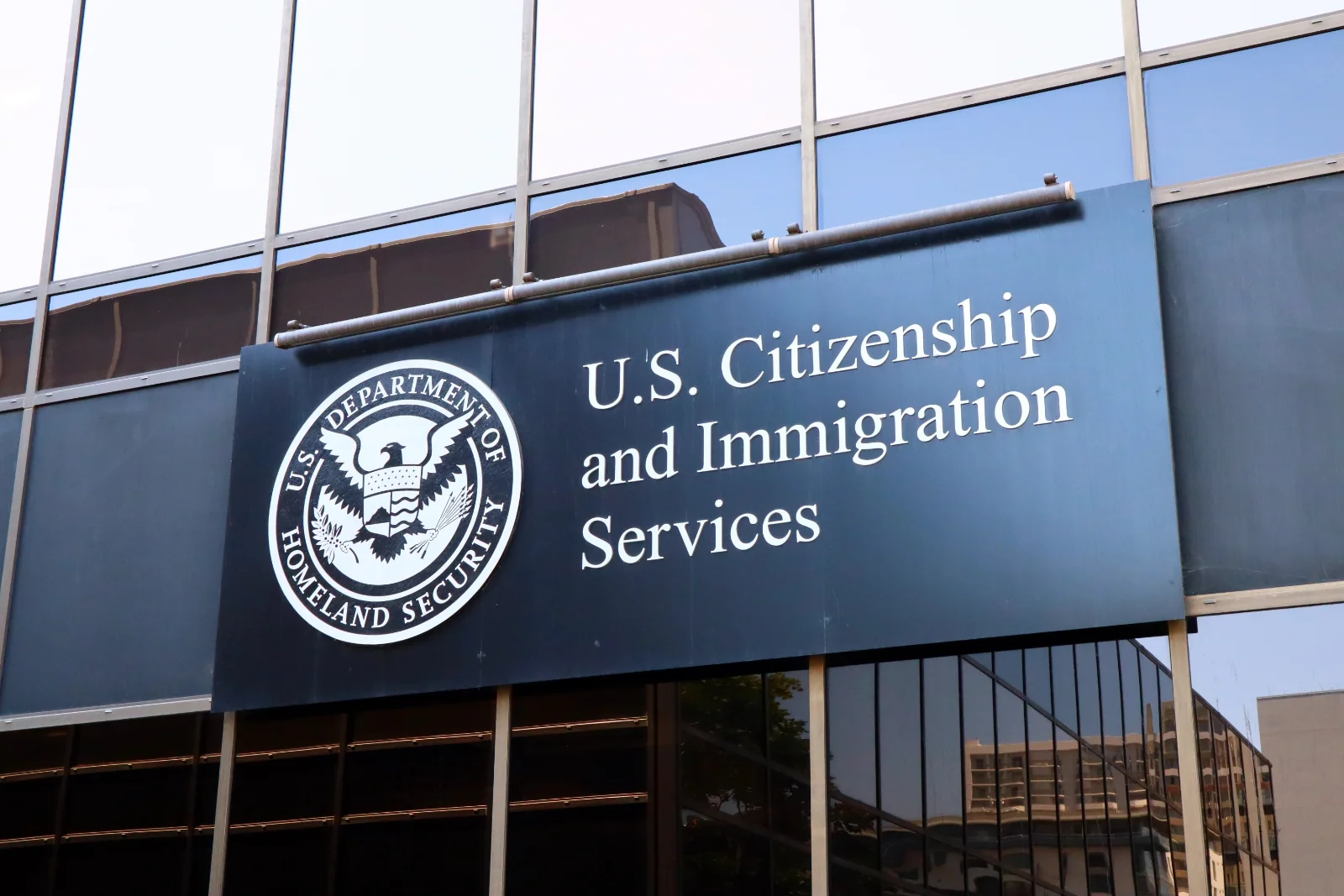U.S. Citizenship and Immigration Services (USCIS) announced a significant policy shift, stating it will now recognize only two sexes—male and female—on its immigration forms. This change reverses a previous policy that allowed a third gender option, introduced under the Biden administration.
Details of the New Policy
USCIS has updated its Policy Manual to reflect this change, aligning with an executive order that defines sex as “immutable” and determined at birth. Under the new guidelines, an individual’s sex will be based on their birth certificate. If a birth certificate lists a sex other than male or female, USCIS will consider secondary evidence such as medical records or other government-issued documents.
DHS Perspective
The Department of Homeland Security (DHS) emphasized that gender inclusion is not a priority within immigration policies. Tricia McLaughlin, DHS Assistant Secretary for Public Affairs, stated that the policy reflects a commitment to aligning with “simple biological reality” and managing the immigration system as a matter of national security.
Previous Policy
Under the Biden administration, USCIS allowed applicants to select an “X” gender marker on forms, aiming to create a more inclusive process for nonbinary and transgender individuals.
Implications for Applicants
This policy change poses challenges for applicants who do not identify strictly as male or female:
- Birth Certificate Reference: Applicants are advised to select the gender that matches their birth certificate to minimize the risk of delays or denials.
- Secondary Evidence: If the birth certificate lists a nonbinary marker, additional documents may be required to demonstrate how the applicant’s sex is recorded elsewhere.
- Existing Applications: Those who have already submitted forms with an “X” marker might receive updates if USCIS issues documents with a different sex marker.
Effective Date
This policy is effective immediately and applies to all immigration applications pending or filed on or after April 2, 2025. Applicants should be prepared for potential adjustments in their application process due to this policy change.



